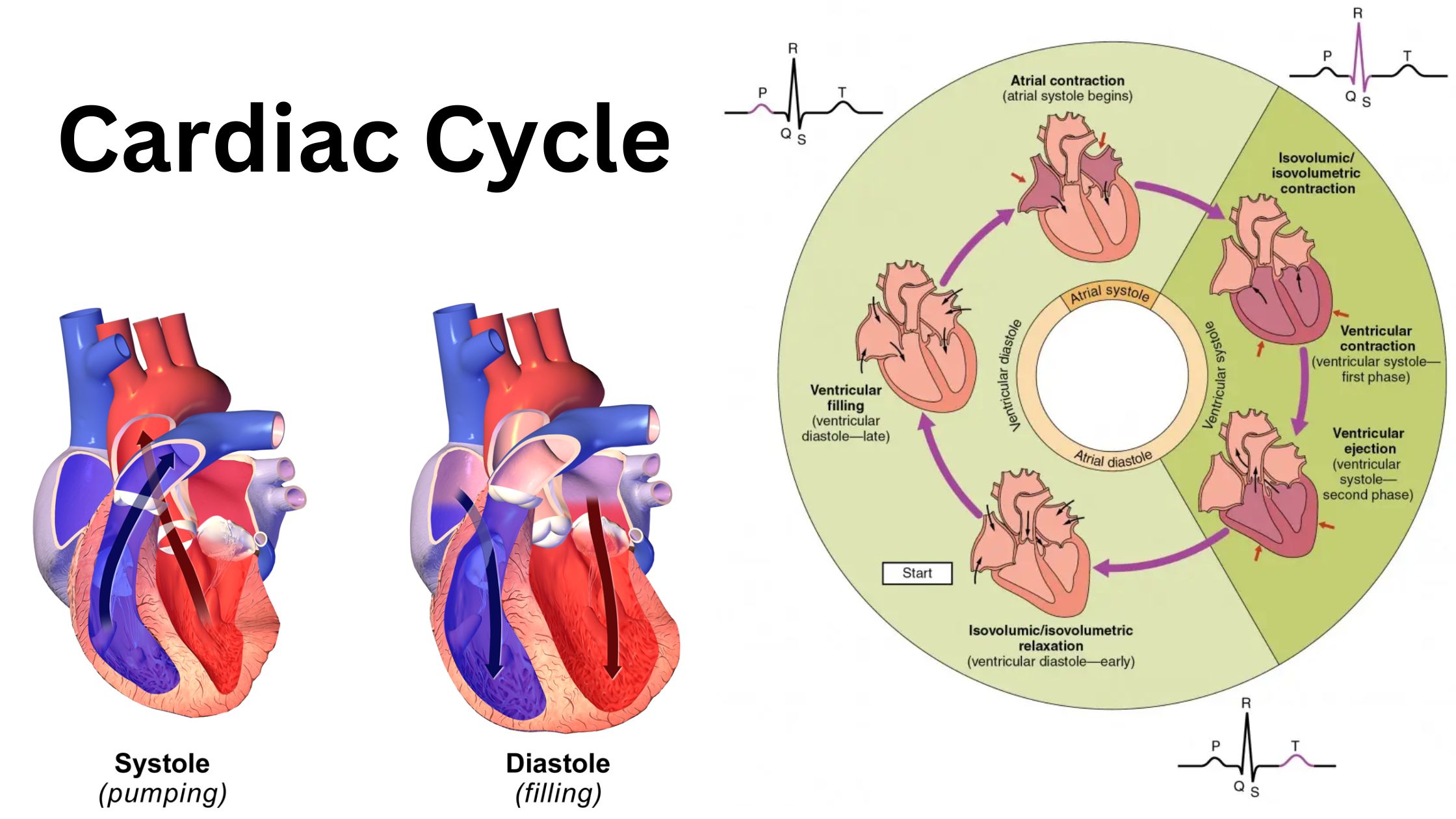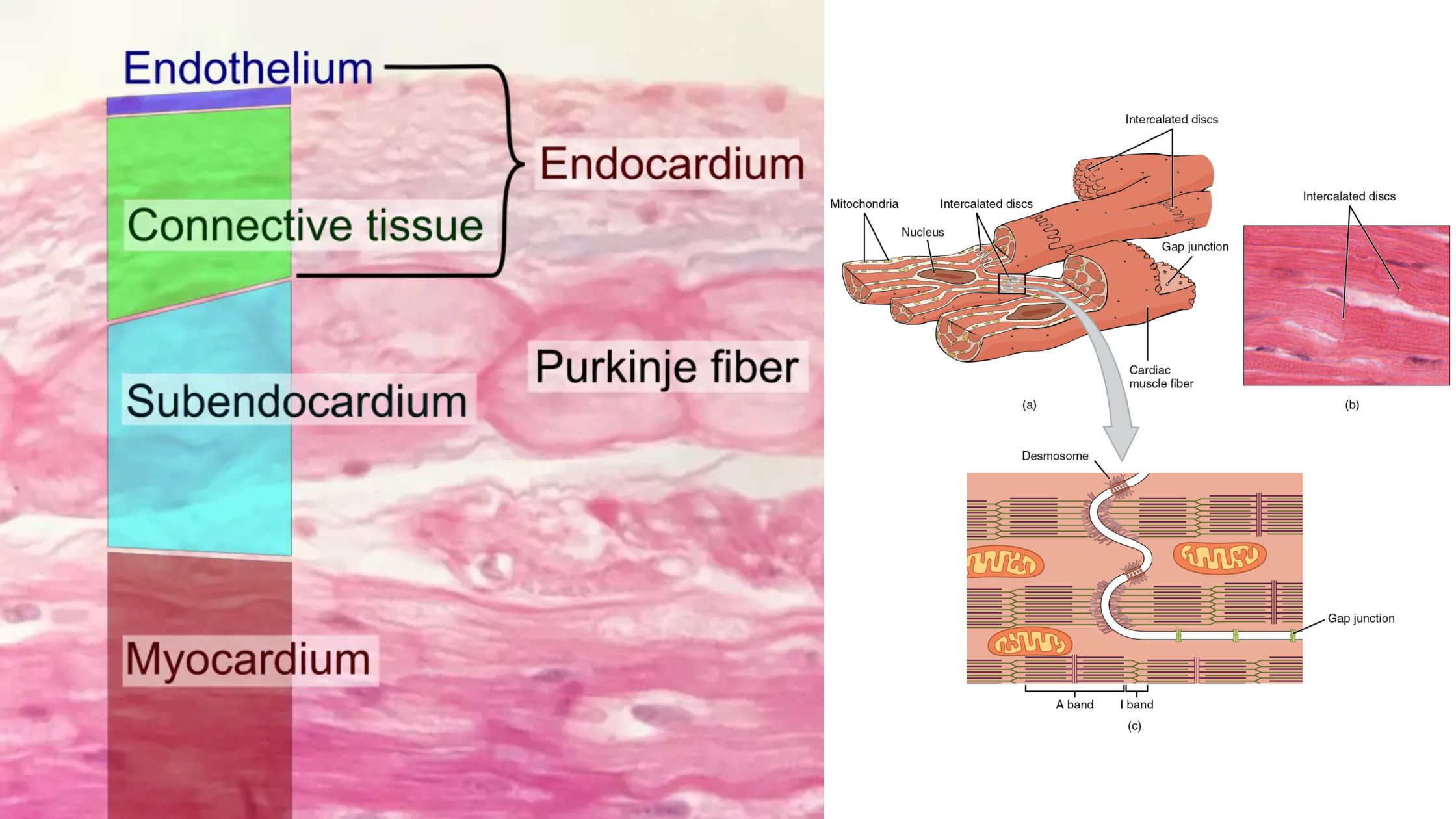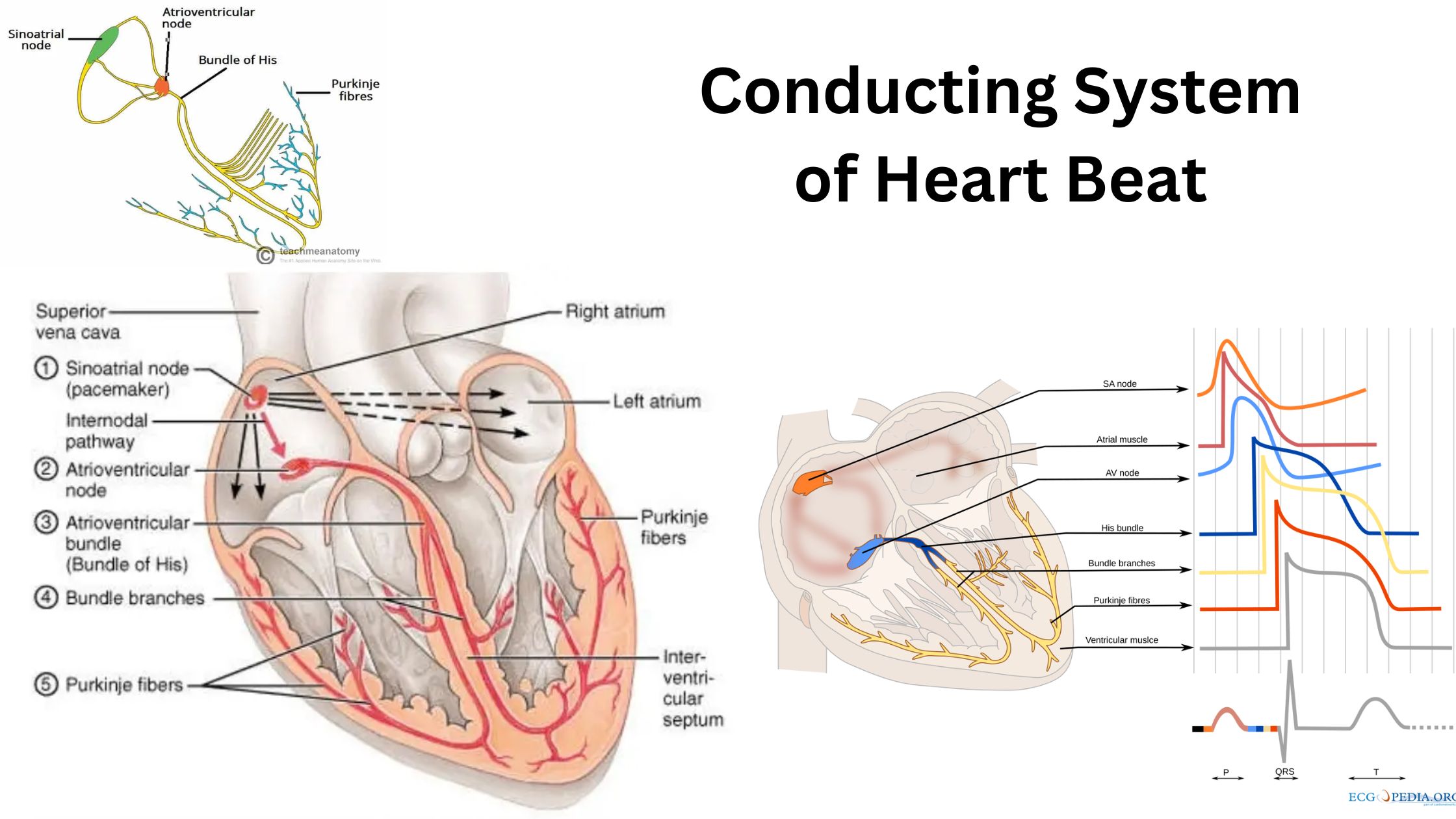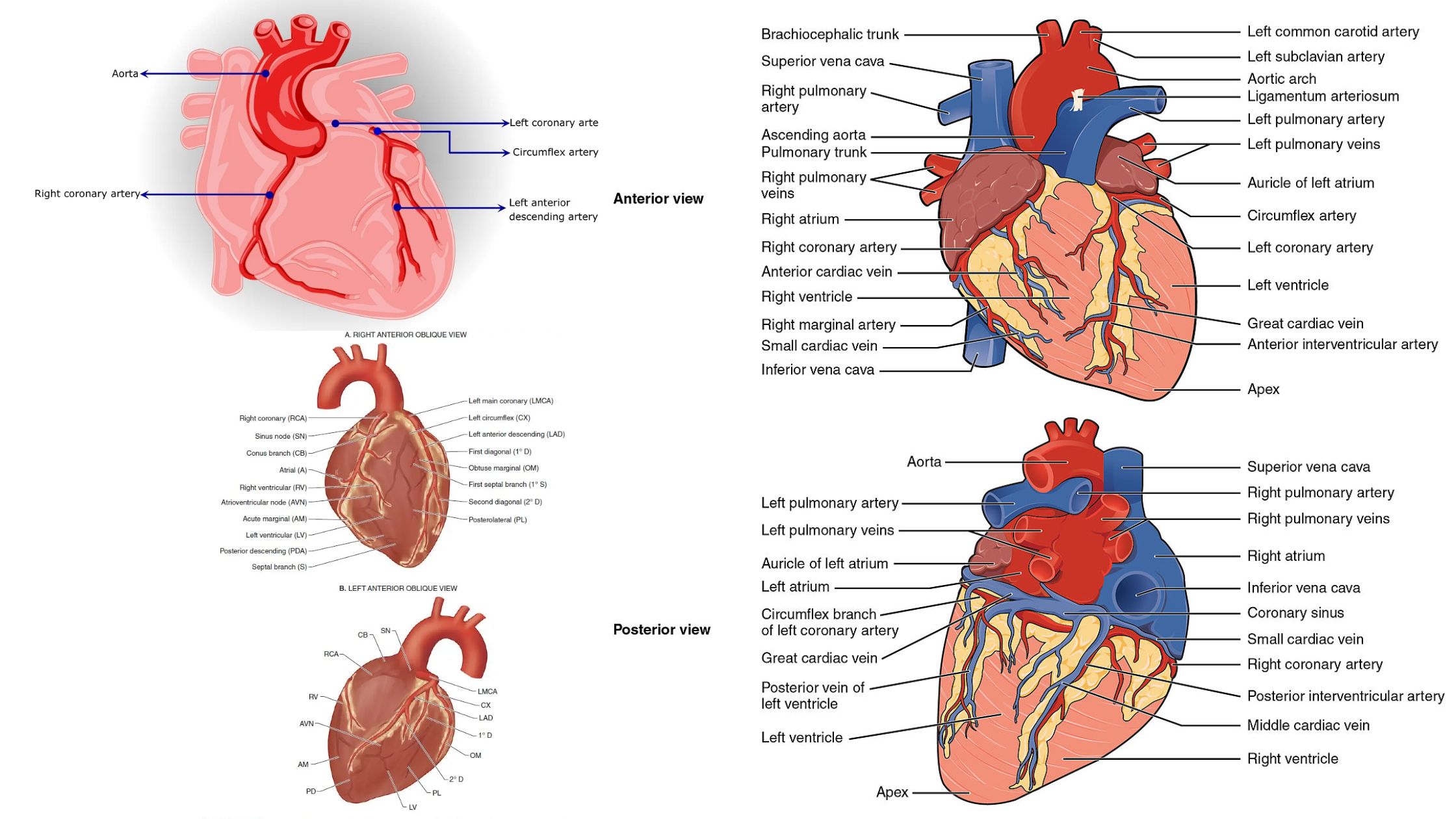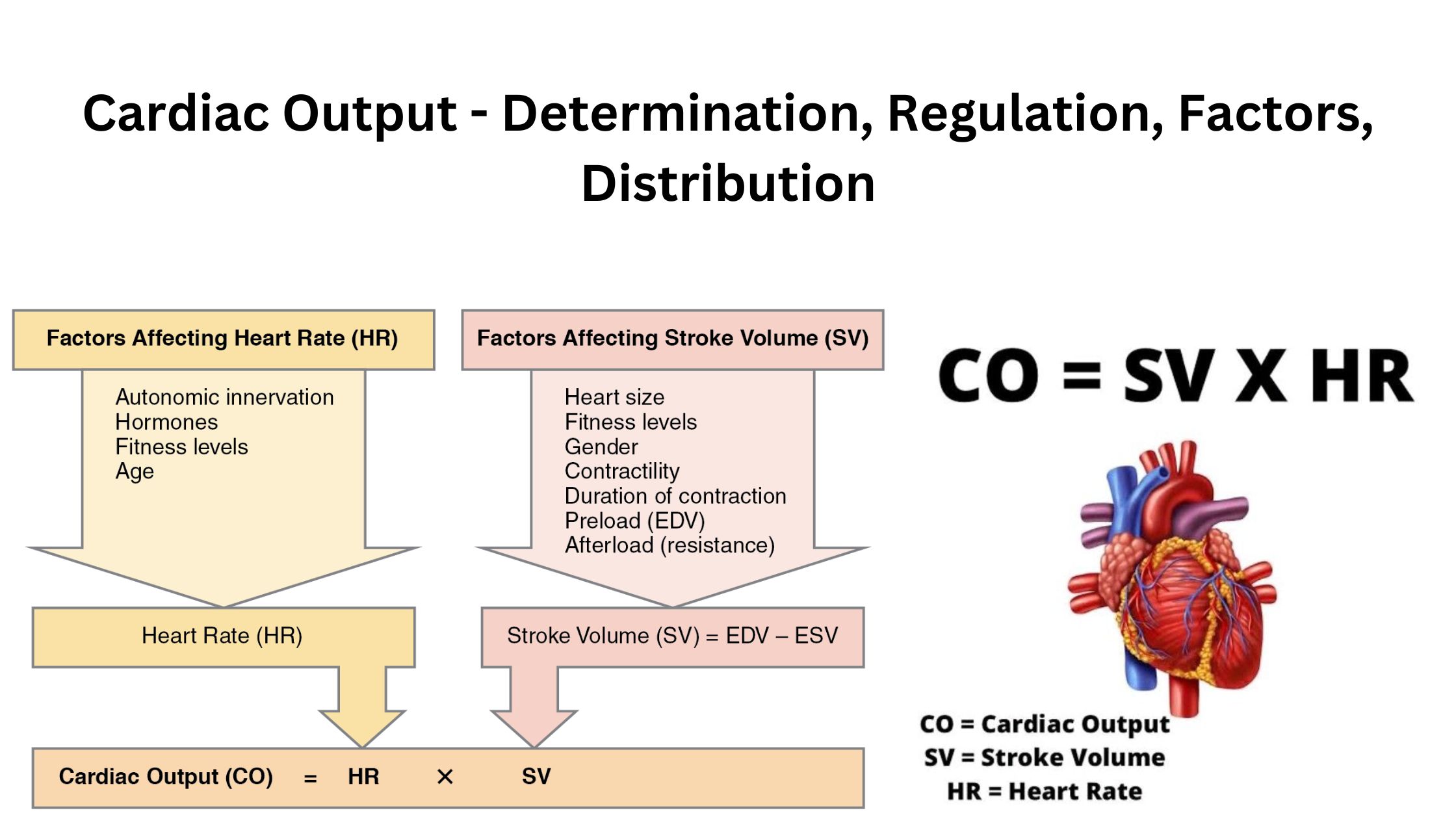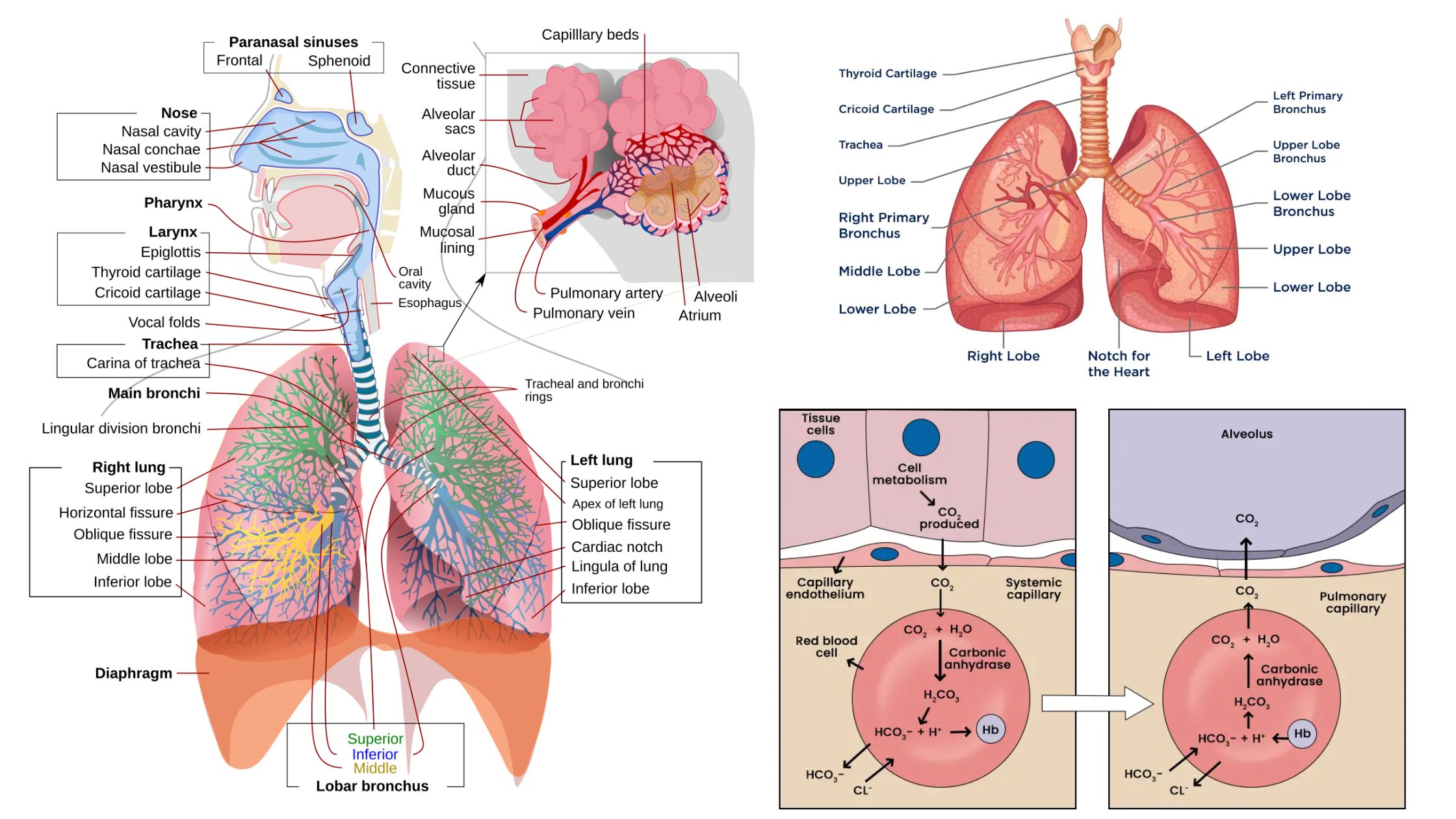Cardiac Conduction – Cardiovascular System Physiology
What is Heart Conduction System? Components of Heart Conduction System The heart conduction system is a specialized network that plays a critical role in maintaining the heart’s rhythm and ensuring effective blood circulation throughout the body. This system consists of various components, each with unique functions that contribute to the synchronized contraction of the heart … Read more

